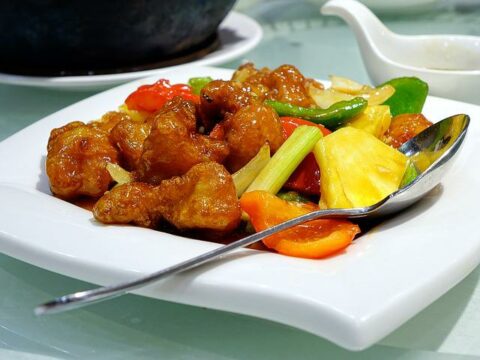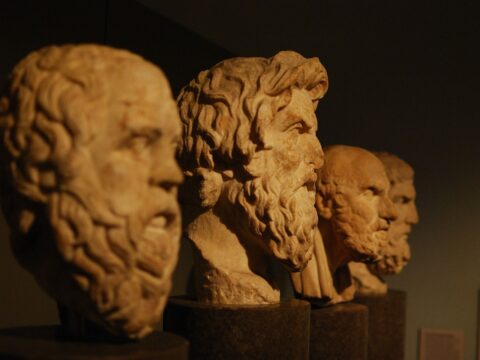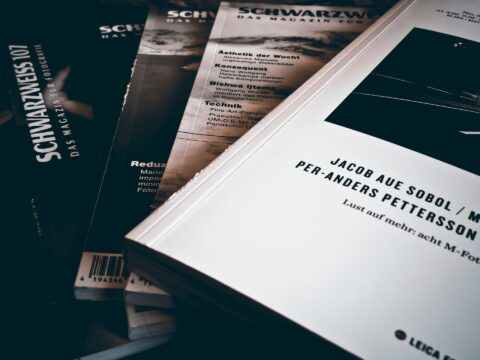Category: Culture
Let’s learn about the three categories or concepts of culture!
Culture is the basis on which human beings conduct their normal social life. The greatest desire of every normal human being in social life is…
World Food Cultures and Taboos: USA
Most people in the United States enjoy simple, iconic dishes such as hamburgers and hot dogs. The typical American cuisine is “rough and tumble”, using…
Overview of the food culture of the nine major ethnic minorities in China.
1. The Hui have three meals a day and their eating habits differ greatly from those of the Han Chinese. The daily diet is based…
A rough description of the food culture of China’s ethnic minorities
China is a multi-ethnic country, with 56 ethnic groups. The largest is the Han Chinese, while other ethnic minorities include the Manchu, Tibetan, Mongolian, Hui,…
Top 15 list of philosophy-related websites worldwide (for reference only)
Name Website Introduction plato.stanford.edu plato.stanford.edu Online philosophy reference work, articles are authored and updated by experts in the field. Edited by Edward Zalta. Perseus.tufts.edu/hopper/ Perseus.tufts.edu/hopper/ …
Top 15 list of global folklore-related websites (for reference only)
Name Website Introduction snopes.com snopes.com Snopes:Spooky Events Revealed reveals incredible stories, tricks and urban legends, and debunks or confirms them. Plus, there are 100 seemingly…
Top 15 list of global library-related websites (for reference only)
Name Website Introduction archive.org archive.org Nonprofit organisation established to preserve Web sites by taking regular “snapshots”. The Wayback Machine provides links to older versions of…
Top 10 list of global journal-related websites (for reference only)
Name Website Introduction elsevier.com elsevier.com elsevier.com is the web resource for the publishing house Elsevier, specializing in scientific, technical and medical information. Find all products,…
Top 15 list of global encyclopedia-related websites (for reference only)
Name Website Introduction howstuffworks.com howstuffworks.com HowStuffWorks.com is an award winning site covering thousands of topics within its own 10 channels: Auto, Computer, Electronics, Entertainment, Health,…
Top 15 list of global dictionary-related websites (for reference only)
Name Website Introduction wordreference.com wordreference.com WordreFerence:Online Language Dictionary Lookup.com is an online language dictionary tool based on Internet data that allows users to look up…











